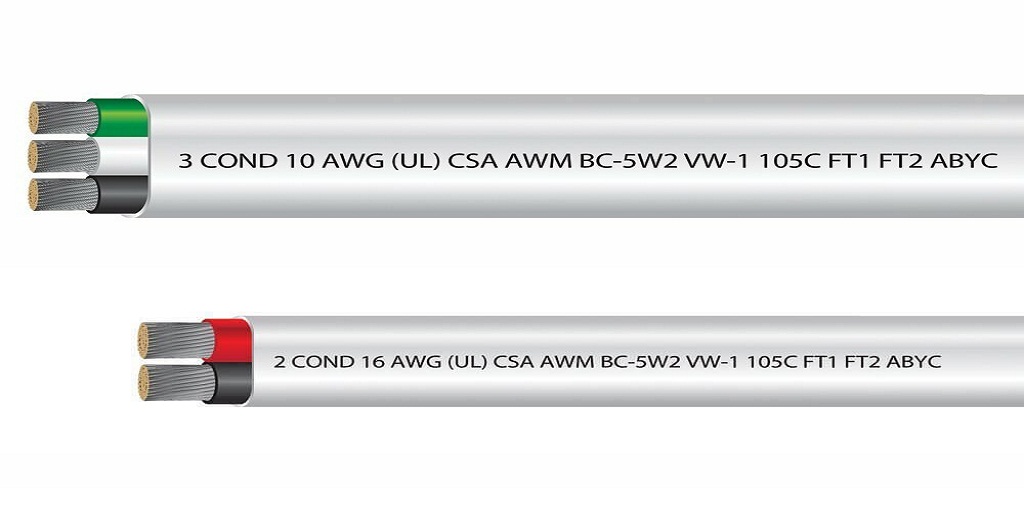Boat battery cables, like many electrical conductors, are made of copper, but there’s something unique about them that helps protect them from the environments in which they operate. Whether you’ve done your own marine wiring or simply perused marine grade battery cables at an electrical depot, you’ll probably have noticed that they appear silver.
They’re not silver, though. In fact, they’re not even aluminum, which appears silver and actually is used to complete electrical wiring in some locations, due to its excellent conductivity, lightweight nature, and ductility.
Boat battery cable is, instead, made up of a very large number of individually tinned copper conductors, which gives it this silver appearance.
Saltwater and Copper: Not Friends
Copper is an excellent conductor because it allows free electrons to passage through the medium at a very low resistance, which means that a little bit of copper can accommodate a fairly high current or voltage without overheating (as compared to many other metals).
However, copper’s chemical and physical properties also result in a reactive metal, which is not at all resistant to corrosion, especially in the face of seawater and the corrosive salts and other dissolved agents it contains. This is exacerbated by the fact that boat battery cables are made up of very thin copper strands with a high surface area that would quickly corrode in the face of saltwater if they were not protected.
Copper oxidizes readily in the presence of seawater, even at low temperatures and at low oxygen concentrations. The reaction results in the deposition of the blue-green “patina” for which weathered copper is known. It’s pretty, but it effectively destroys copper’s conductive abilities.
How Boat Battery Cable Fights the Saline Menace
Luckily, the copper conductors that constitute boat battery cables have a strong line of defense against the ravages of seawater – first insulation, and then the individual tin-plating that covers them. Tin is a native element, that, unlike copper, is chemically resistant to oxidation in the face of the water. While tin can be corroded by some agents such as acids and strong bases, it is nearly impervious to oxidation due to exposure to water.
Therefore, where boat battery cables are exposed to the elements, such as at connections, this tin plating is instrumental in protecting them against the influences of the environment, notably against seawater and the dissolved oxygen and salts it contains. In this respect, the tin-coated copper conductors of marine grade battery cable are much more resilient in the face of the elements.
Contact EWCS Wire
Whether you’re interested in learning more about high-quality boat battery cable or about other specialty types of wire and cable, visit the Electrical Wire and Cable Specialists at EWCSWire.com.
In addition to their broad selection of specialty cables, including but not limited to marine grade battery cable, welding cable, photovoltaic (PV) cable, instrumentation and alarm cable, general building wire, and more, their customer service team remains a valuable education resource. Either visit their website or get in touch with them directly at [email protected] or at 800-262-1598.



